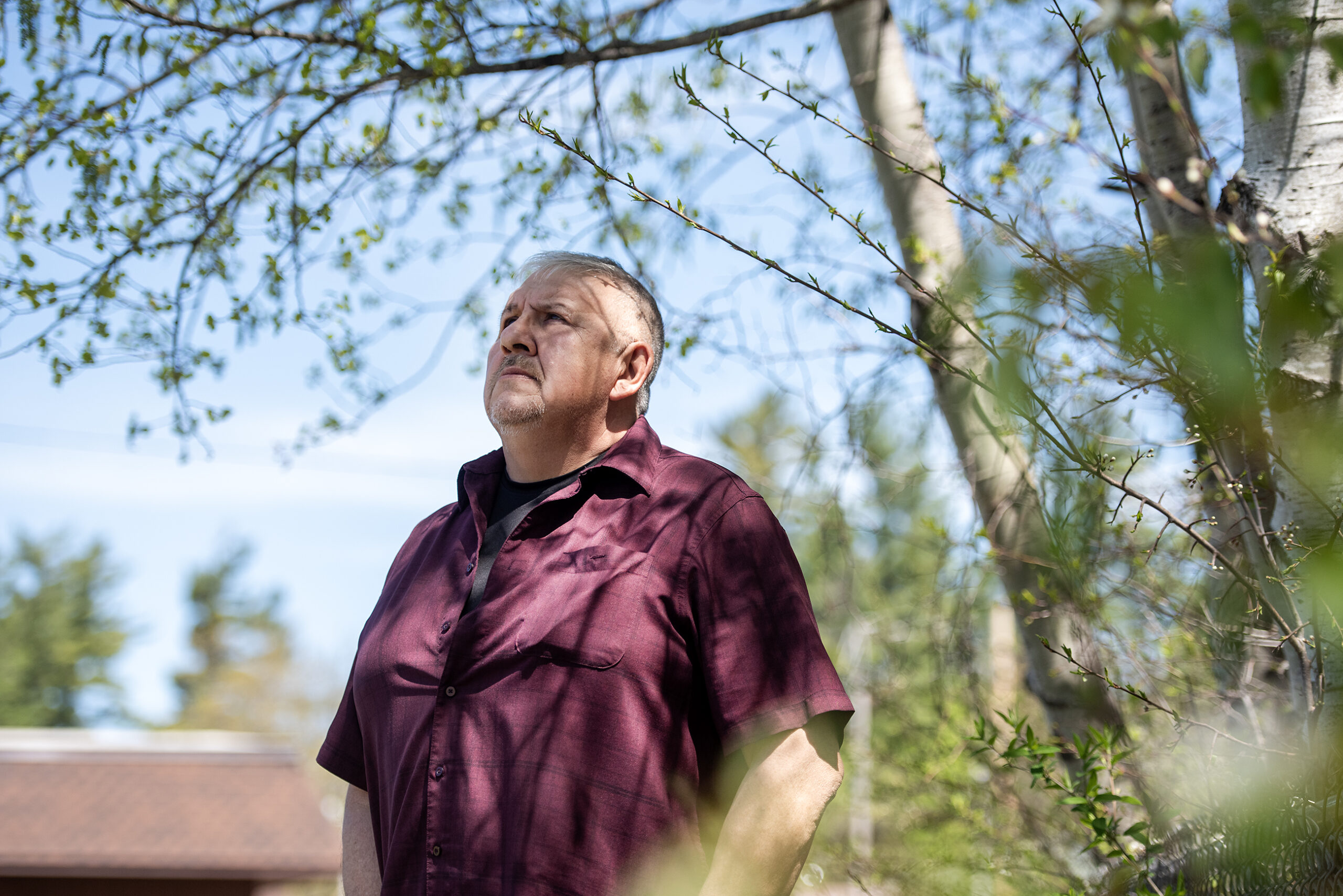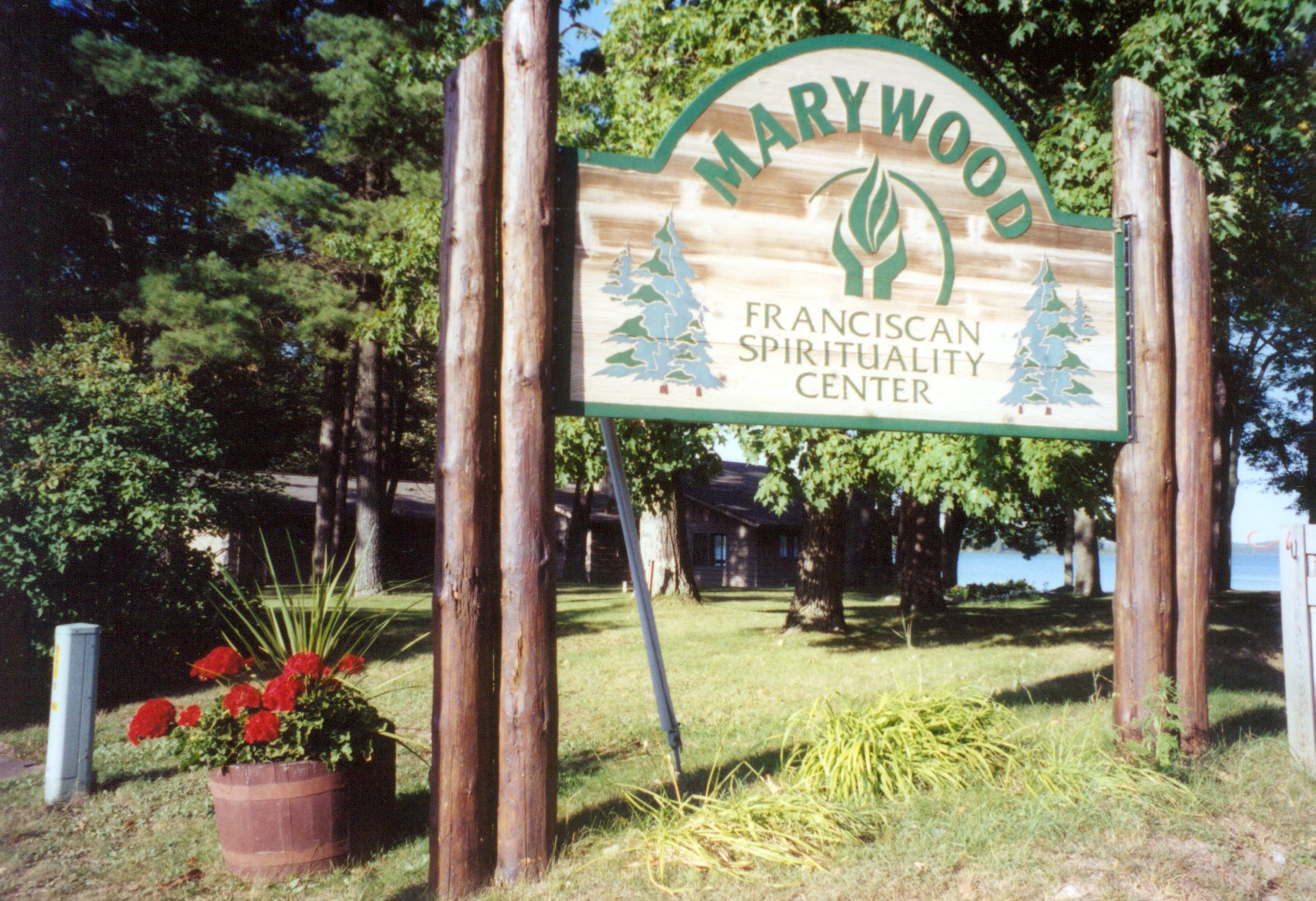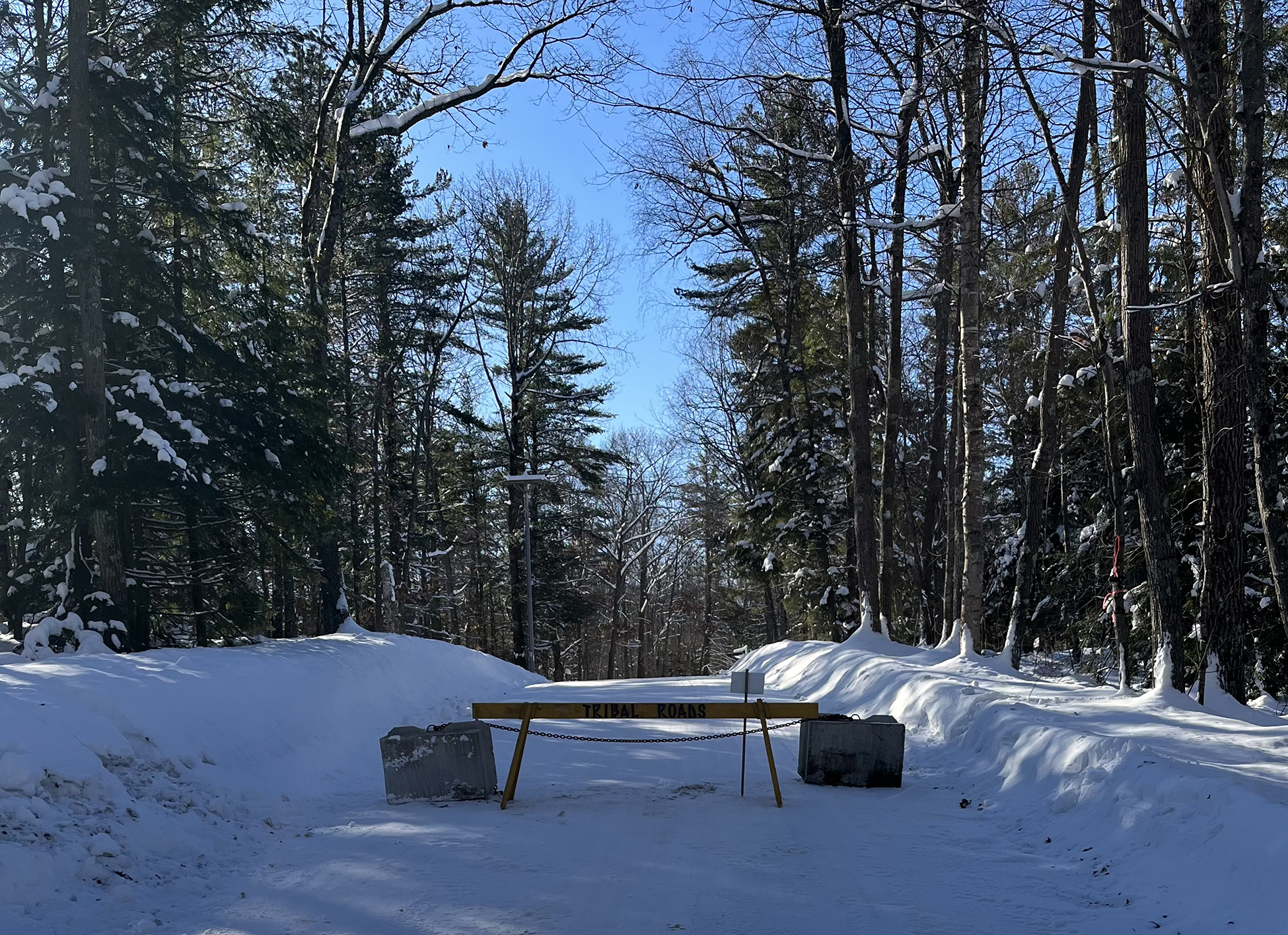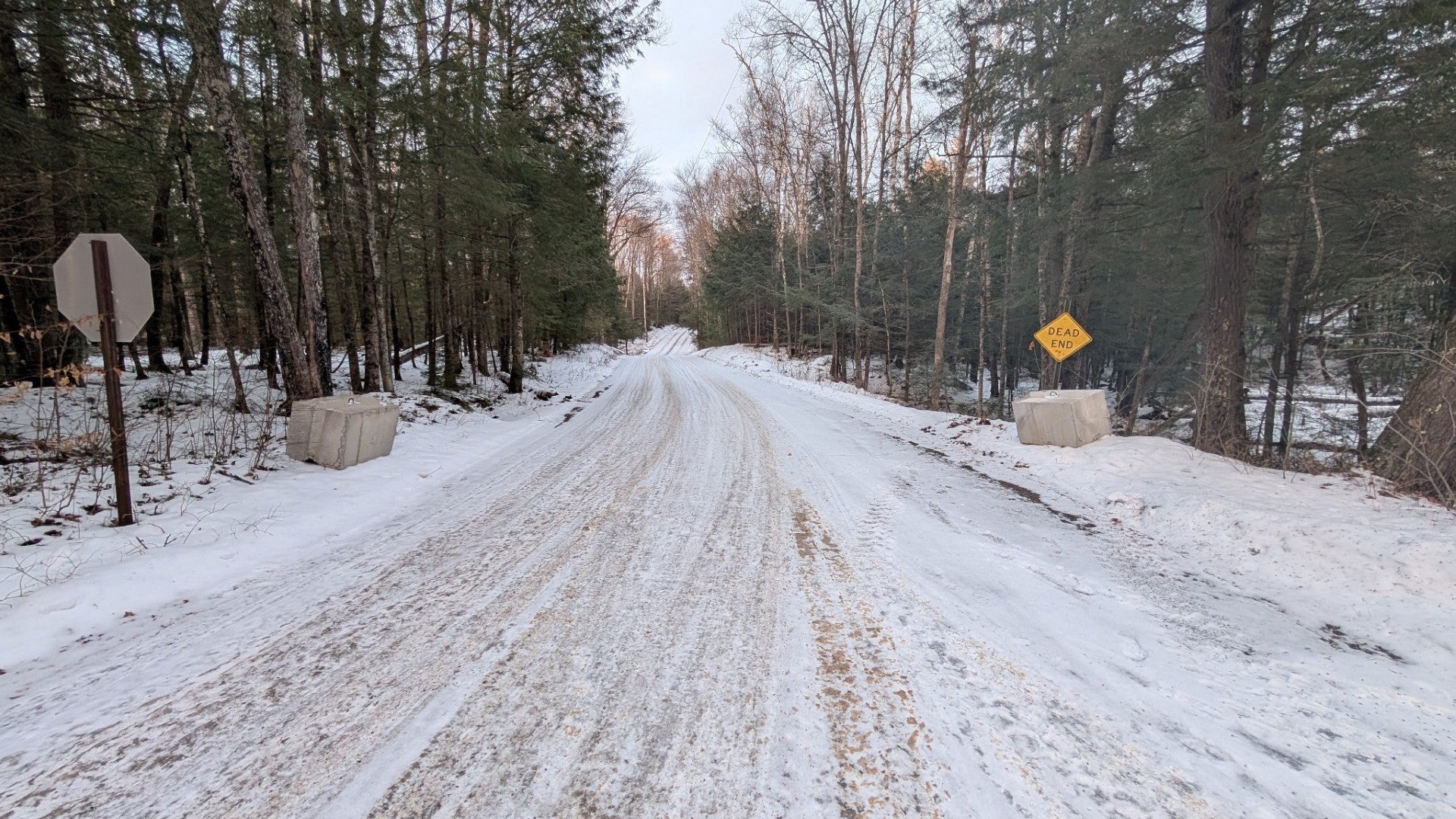A federal judge is temporarily barring the United States government from taking any steps to limit access to roads on the Lac du Flambeau tribe’s reservation. The judge also urged tribal leaders not to put up barricades.
The order comes after more than 70 homeowners there asked a federal court to temporarily ban the tribe and federal authorities from blocking four roads.
In January 2023, tribal officials put up barricades on Elsie Lake Lane, Center Sugarbush Lane, East Ross Allen Lake Lane and Annie Sunn Lane. The move came after negotiations failed between the tribe, the town of Lac du Flambeau and title companies over expired easements on those roads that were never renewed. While the tribe reopened roads in March last year, the federal government has since sued the town on behalf of the tribe for trespassing.
News with a little more humanity
WPR’s “Wisconsin Today” newsletter keeps you connected to the state you love without feeling overwhelmed. No paywall. No agenda. No corporate filter.
Tribal leaders have been granting access permits for a fee that’s been climbing each month, but town officials said in August that they can no longer afford to pay. The town’s monthly permit to access roads expired on Sept. 12, sparking fears the tribe may once again block roads.
U.S. District Court Judge William Conley granted the homeowners’ motion for a preliminary injunction against the federal government, but he declined to include the tribe.
“Instead, the court will direct the United States to notify the tribe of this decision and of the court’s expectation that roads will remain open during the pendency of this lawsuit for access by the homeowners and their guests, as well as the town to continue to maintain the roads and first responders, mail and package delivery, other essential services like busing children and continued pickups and deliveries,” Conley wrote.
If the tribe disregards the court’s order, Conley said the town and homeowners should immediately notify the court to “seek any relief that they deem necessary.” Conley noted he would consider expanding the injunction to include the tribe or Bureau of Indian Affairs if they go against the intent of the order before a final decision in the case.

Lac du Flambeau Tribal President John Johnson Sr. was not immediately available for comment Thursday afternoon.
Dennis Pearson, who lives on East Ross Allen Lake Lane, said the judge’s decision is right on point.
“It does provide a sense of security to the homeowners,” Pearson said.
He added the judge’s order would have a calming effect on his wife, Rachel. Since Sept. 12, he’s been reporting back to her whether the road is blocked when he leaves for work in the morning. Now, he said it’s more likely that they’ll be able to access their homes until the case is resolved. A trial has been reset for May of next year.
While it’s unclear how the tribe may respond, Pearson said he’s hopeful that cooler heads will prevail.
“Maybe this will get us all into mediation, and we can try to get a long-term sustainable resolution,” Pearson said. “That’s what I hope.”

Tribal officials have said they’re open to trying to mediate the dispute provided the tribe doesn’t have to give up more of its rights or sovereignty. Johnson previously told WPR it feels like their voices are going unheard on their own lands.
“We’re not going to be bullied for trying to protect our lands,” Johnson told WPR in May. “That’s all we’ve ever wanted.”
The feud over access to roads has resulted in multiple lawsuits. The town of Lac du Flambeau and homeowners have also filed separate federal lawsuits against the Bureau of Indian Affairs.
The tribe first sought $20 million in damages for what it said was trespassing by the town. Since then, tribal leaders have asked for roughly half that amount, and they want to grant annual leases in exchange for a fee equal to 1.5 percent of the fair market value of homes along the four roads.
The town has paid at least $600,000 to the tribe to maintain access along the four roads, depleting its entire roads budget. The final payment of $50,000 in August ensured roads would remain open through Sept. 12. Since then, the town has not made any payment to the tribe.
In August, the town met with lawmakers to explore whether the state or federal government may be willing to provide money or lands to help resolve the dispute. During the meeting, State Sen. Mary Felzkowski, R-Tomahawk, likened the tribe to terrorists, prompting the tribe to ban her from the reservation.
Homeowners say the federal government is responsible for any resolution to the ongoing feud after historic federal policies broke up reservation lands.
Wisconsin Public Radio, © Copyright 2025, Board of Regents of the University of Wisconsin System and Wisconsin Educational Communications Board.





